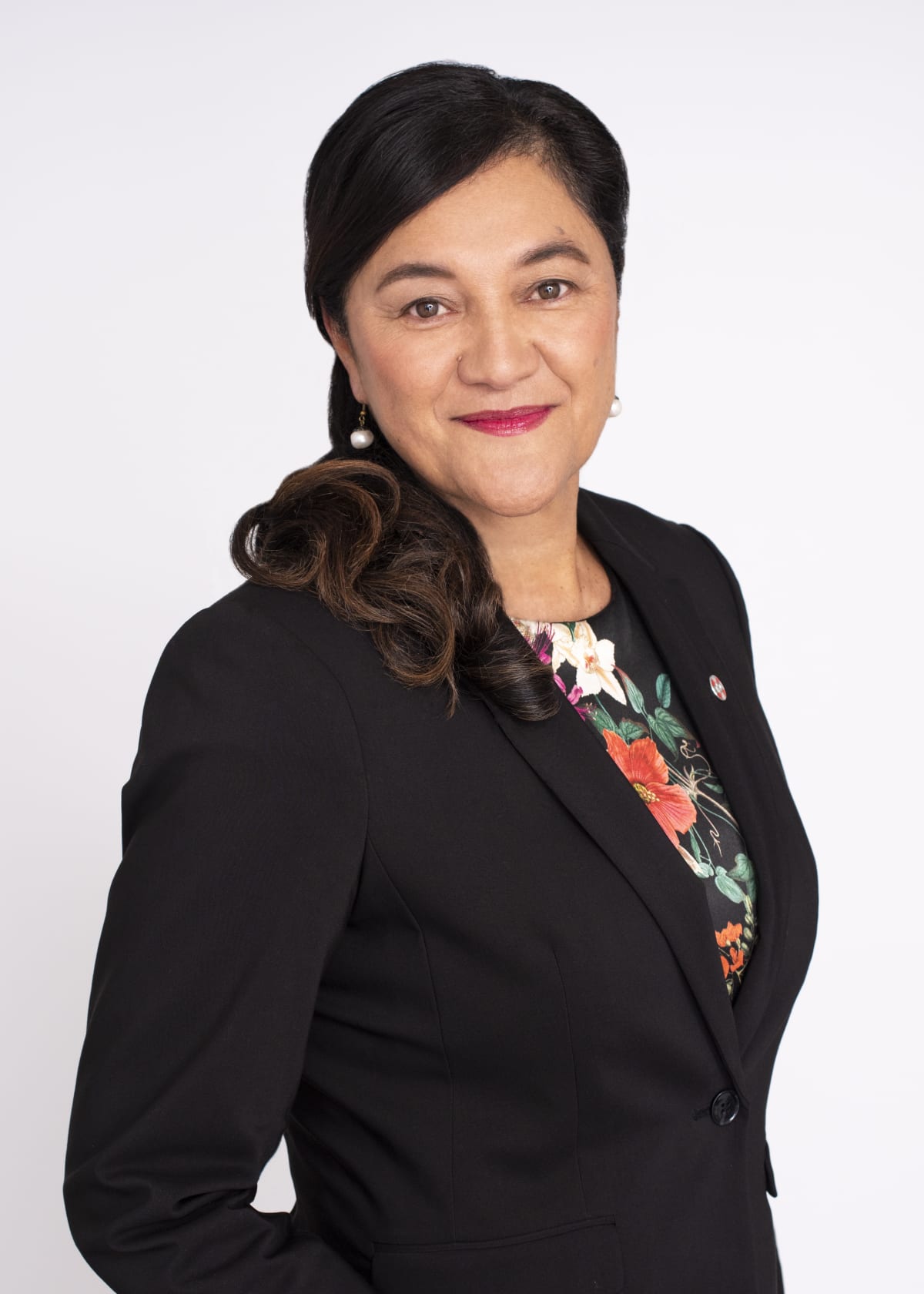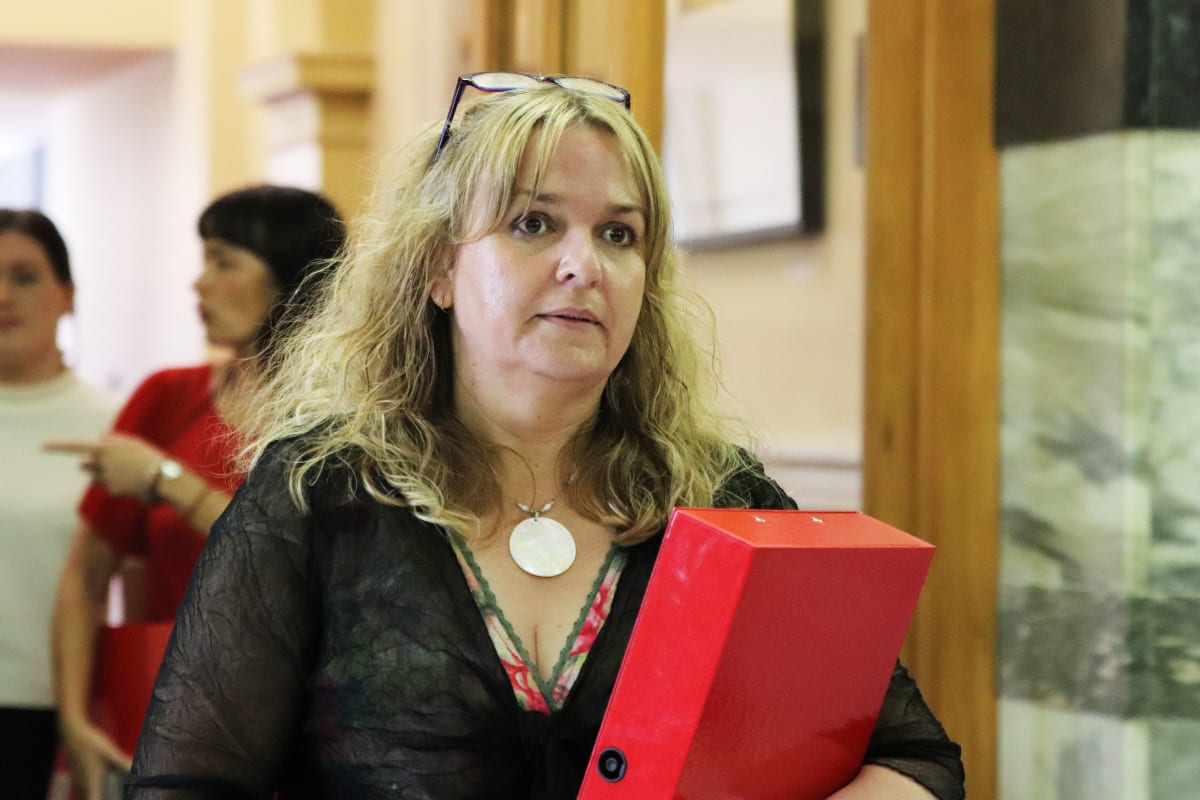
The system is stacked against families that can’t afford private help for dyslexic kids and people working with struggling learners want the Ministry of Education to do more, reports Vaneesa Bellew, in the second part of a two-part feature.
Families unable to afford private support for dyslexia and other learning difficulties are coming under “immense stress”, says Jeremy Drummond, executive director of SPELD NZ.
The nationwide not-for-profit support provider has worked in the sector for 50 years. New Zealand statistics for the number of people with dyslexia aren’t available, but in the UK it’s estimated 10 percent of people have the learning difficulty and in the US as many as 20 percent.
The cost of diagnostic assessments for dyslexia or related learning differences ranges from $650 to $1800 a child. Private structured literacy tuition with a fully qualified tutor costs from $75 to $120 a session.
Drummond says the Ministry of Education should make structured literacy, considered by many the gold standard for overcoming dyslexia, compulsory in all schools and children who need extra learning support should get government funding.
“It would be more equitable for the money to go with the child. So if the child needs to have an assessment, the ministry will pay for it, and if the child needs to have one-on-one tuition, the ministry will pay for that. That would be the ideal,” she says.

“If the ministry is not able to teach the children within the system, I think it should be looking at planning for that child’s individual needs to be met, rather than the family having to pay. The education system isn’t designed to help learners with a specific learning disability or other neurodiverse learners,” she says.
Jo McKay, principal of Holy Family Catholic School in Wānaka, which is a standard bearer for structured literacy, also says the ministry needs to “step up” and provide more support for families and children with learning differences such as dyslexia.
“It comes at a huge cost for families and for some there is no way they could even consider getting an assessment done, let alone pay for tutoring. I’ve had families tell me that they are going to remortgage their house,” says McKay.
SPELD NZ receives no government support and fundraises so it can offer assessments and tuition at a discounted price for families doing it hard.
“Part of our philosophy is to keep our services as affordable and accessible as possible. But we need to balance the needs of parents seeking assistance with those of SPELD assessors and teachers who need to earn a living, otherwise we lose the teachers,” says Drummond.
Busier than ever
In its half-century of providing diagnostic assessment and specialist tutoring, the organisation has never been busier. Last year it fielded more than 27,000 calls, many from parents seeking support and assessments.
SPELD has 280 tutors and about 1000 new families become members of the organisation every year.
Drummond says the organisation’s phones “ran hot” after the first Covid-imposed lockdown after parents forced to home-school their children noticed they were struggling. Demand is still strong with waiting lists for both SPELD assessors and teachers.
Sharon Scurr, founder of the Dyslexia New Zealand Evidence-Based Support Group (DEB) website and Facebook page, says many families can’t afford assessments and others who can are sometimes frustrated because schools lack the understanding to provide child support.
She would like more teachers to be trained in structured literacy and thinks some of the ministry’s reading recovery funding should be diverted to that end.
“Once teachers have the training, they can make decisions about the needs of a child with dyslexia.”
That would help parents of children unable to afford private tutoring because their children would be getting the right intervention in the public system at no cost.
Parents desperate to help their children are being targeted by companies promoting expensive quick-fix programmes that don’t work, says Scurr.
“If anyone tells you they can fix it or cure it then it’s a snake oil. You can’t do either,” she says.
Scurr’s advice to families intending to pay for tutoring or interventions is to make sure the service provider is qualified and follows an evidence-based structured literacy approach.
High costs
One home-schooling parent Newsroom spoke to said she had spent a large sum on getting the right support for her eight-year-old daughter who was diagnosed with dyslexia at seven.
“We have spent thousands on tutoring and on training for myself, plus the cost of the dyslexia assessment, so it’s been a huge financial cost,” she says.
The mother of three also home-schools her five-year-old son and has a preschool daughter. A small Work and Income disability allowance is the only monetary support the family is eligible for.
“That's the only financial assistance we have, which is really challenging when you're on one income and trying to bring up a family of three,” she told Newsroom.
Like many dyslexic children, her daughter does not meet the threshold for teacher-aid or resource-teacher support, and although her child’s school is supportive, it doesn’t offer structured literacy.
She is halfway to becoming accredited with the Australian Dyslexic Association, which will allow her to tutor other children in structured literacy.
“I felt that [study] was needed not only for my confidence, but also to ensure I was teaching the right things in the right way.”
Despite the cost, “it’s a real privilege” to teach her daughter, who is making progress, she says.
But the ultimate would be to have structured literacy rolled out in every school nationwide.
“That would be amazing.”
Supporting whānau
South Island iwi Ngāi Tahu is helping out with grants for children and young people with learning differences such as dyslexia to pay for assessments and tutoring.
Iwi members have received more than $4.1 million in learning-support-tuition and special-learning-assessment grants since 2011, including $565,000 in the last financial year.
Families with neurodiverse tamariki aged five to 21 in New Zealand and overseas have benefitted from the funding.
In the last financial year, Ngāi Tahu approved 98 applications for funding towards special-learning assessments of up to $940 a child.

Once whānau have received an assessment, they can apply for a learning-support grant to cover the cost of extra tuition outside school. The money goes into supporting whānau of tamariki with such special educational needs as dyslexia, ADHD and autism.
The iwi also approved 623 applications for out-of-school learning-support tuition in the last financial year of up to $470 per child, or $940 if tamariki meet criteria that include either being at a remedial level in a subject or seeking support in at least two NCEA subject areas.
Ngāi Tahu chief executive Arihia Bennett says the tribe is guided by the whakataukī “mō tātou, ā, mō kā uri ā muri ake nei” - for us and our children after us.
“This intergenerational approach underpins everything we do. Protecting legacies and creating opportunities for future generations is at the heart of who we are as an iwi,” she says.
Positive outcomes and feedback from the two programmes assure their future.
For one Awarua Rūnaka whānau member, Te Rūnanga o Ngāi Tahu learning-support funding has helped her tamāhine (daughter) to thrive at school.
Diagnosed with dyspraxia three years ago, she didn’t speak when she was growing up and her whānau struggled to find her consistent speech-therapy support in the public system.
The Ngāi Tahu funding allows her to get regular private speech therapy and she is comfortable speaking and holding a conversation. Her mother says she’s thriving in school thanks to the support of a speech therapist with whom she has a strong relationship.
Greater equity promised
Associate Education Minister Jan Tinetti’s promise to make the system more equitable for neurodiverse learners offers hope to parents of dyslexic students.
In August, the government’s Literacy & Communication and Maths strategy action plans were unveiled to strengthen literacy and maths and provide more support within the education system for dyslexic children.
“The strategy’s actions will result in ākonga [students] having more of their needs met as the norm, as part of an inclusive curriculum,” she says.
“We know there will always be some learners who need additional support. An evidence-informed system of safety nets will be established to meet ākonga needs along the pathway,” says Tinetti.
A priority of the government’s learning-support action plan is to provide “flexible supports and services for neurodiverse children and young people”, she says.

Tinetti says the plan is a response to the need for an improved range of supports and services for neurodiverse children and young people, their parents, whānau and teachers and other educators. She sees it as particularly important for those with moderate needs.
Drummond is optimistic, too, that after decades of advocating and lobbying for more resources within the public system for children with learning difficulties, more help for dyslexic learners is coming.
“We’ve had 20 years of interaction with people in the learning-support team in the Ministry of Education,” she says.
In the past five or six years it’s gone from “being like banging your head against a brick wall” to having people “actually listening and asking questions and paying attention”.
And seeing more schools adopting structured-literacy methods is also heartening, says Drummond.
“I don’t know whether the ministry has it exactly right but it has made leaps and bounds.”
Made with the support of the Public Interest Journalism Fund








